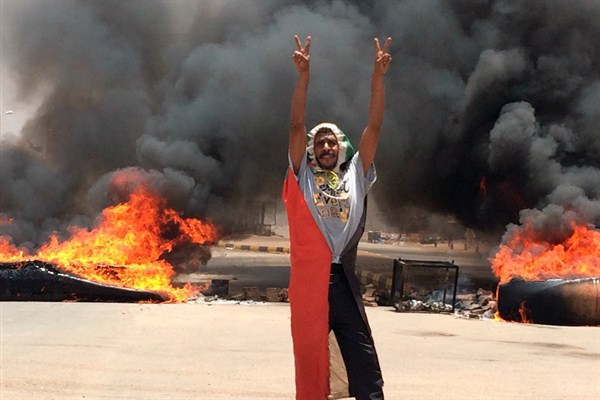Editor’s Note: Every Friday, Andrew Green curates the top news and analysis from and about the African continent.
On Tuesday, the 30th anniversary of the Tiananmen Square massacre, Sudanese security forces staged their own brutal crackdown on demonstrators in the capital, Khartoum. More than 100 protesters are estimated to have been killed and many of their bodies dumped in the Nile, while paramilitary forces injured and raped hundreds more, according to a Sudanese doctor’s organization.
The violence apparently began with an early-morning raid by the paramilitary Rapid Security Forces on a protest camp that has been stationed outside the military’s headquarters for months. The RSF traces its origin to the notorious Janjaweed militias that the government used to fight rebels in the Darfur region in the early 2000s—a conflict in which the Janjaweed were accused of genocide. The RSF is currently led by Mohamed Hamdan Dagalo, who is a major figure in the Transitional Military Council that rose to power after long-time President Omar al-Bashir was arrested in early April.

